When I commented on a salon’s social media post, stating that Courtney looked like a clone of Kim Kardashian and Katie Price, I never expected the backlash that followed. If you judge a book by its cover, be prepared for the response. And boy, did I receive one! The salon’s beauty standard, represented by Courtney and her fierce defender—let’s call him Daniel—made it their mission to set me straight. In his defense, Daniel was merely standing up for her. But his comeback? Telling me to get an education.
That stung. Boring, I am not. And as for education, I hold a Bachelor of Education from Down Under, thank you very much.
I started a few successful businesses online for the last thirty years, but I am uneducated.
Courtney Effect
But why was Courtney so upset about my comment? I wasn’t attacking her natural-born beauty—I was criticizing her manufactured image. The fake hair, the overly plumped lips, the tattooed brows, the excessive contouring—everything she claimed represented the “beauty standard” for 2025. It’s the kind of curated, artificial aesthetic that dominates social media and celebrity culture, peddled by the likes of Vogue, GQ Magazine, and Hollywood.
The biggest scammers of all time. And because I dared to question this, I was labeled boring and an old hag.
This whole experience got me thinking about the way beauty standards are upheld and defended in Australia. When someone like myself—an older woman,
fifty something with disposable income—criticizes a salon’s approach to beauty, there’s a lesson to be learned in how they respond. After all, a salon isn’t just about hair and makeup; it’s about customer experience, mental well-being, and self-confidence. Here are my thoughts on how businesses should behave on social media when confronted with opinions that challenge their aesthetic standards.
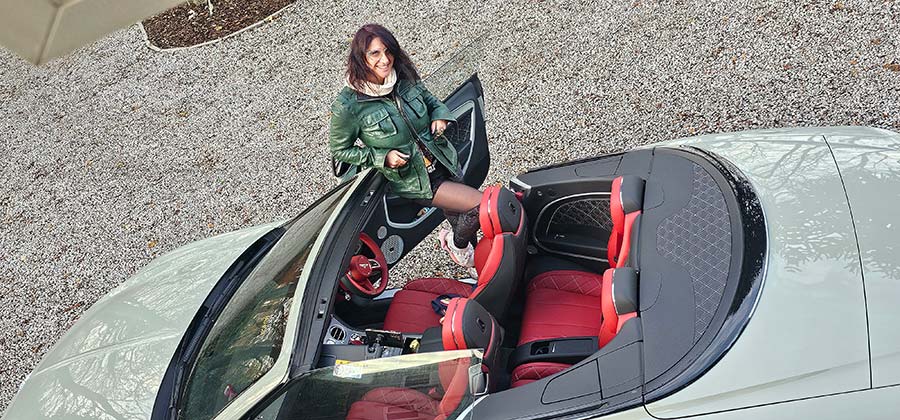
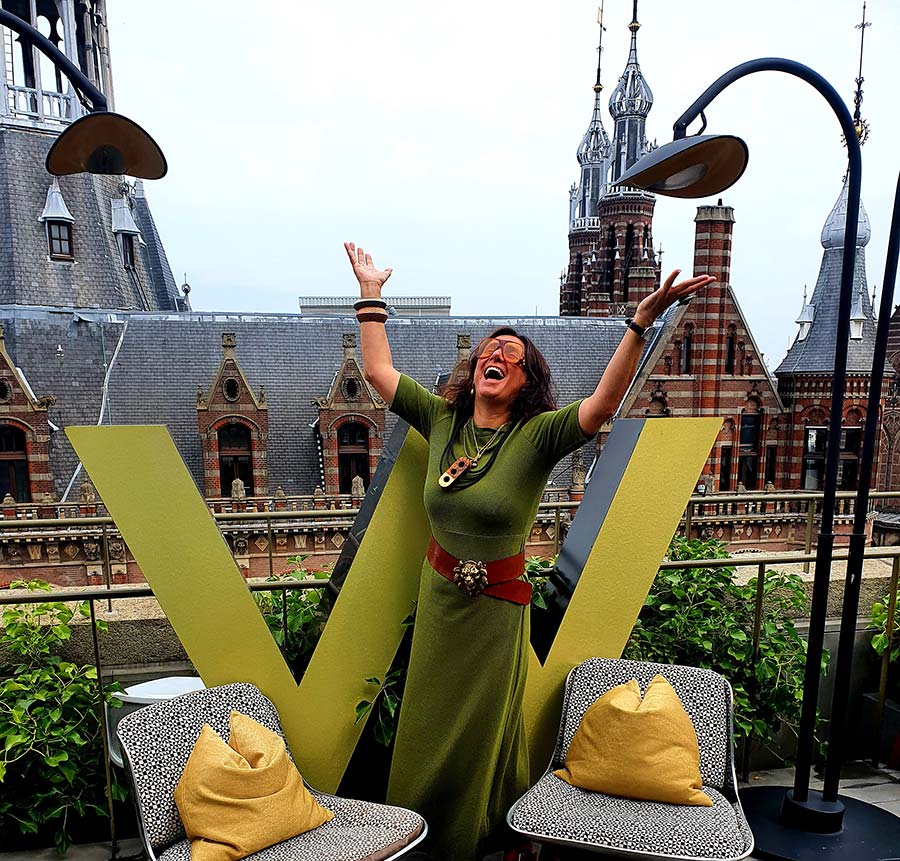
Your Salon Is Your Brand
In the digital age, a salon’s online presence is just as crucial as the quality of its services. Every comment, every interaction, and every response reflect your professional attitude. If a potential client, especially one with the means to spend, questions your beauty standard, it’s an opportunity—not an attack. A defensive, dismissive, or aggressive response can instantly alienate not just that individual but also countless silent observers who read and form opinions.
Had the salon responded with a touch of humor, grace, or even an invitation to discuss my perspective, the interaction would have ended very differently. Instead, they chose to belittle and dismiss, reducing their credibility in my eyes and likely in the eyes of many others.
Building Mental Health, Not Tearing It Down
Women don’t just go to salons for vanity. We go to feel good. To be pampered. To find confidence when life gets overwhelming. A trip to a beauty salon should be a form of self-care, not a moment of self-doubt.
What baffles me is the contradiction at play—on one hand, salons claim to empower women and enhance their confidence. On the other, they aggressively uphold a narrow beauty standard that can alienate anyone who doesn’t conform. When I expressed my honest observation about a heavily contoured, surgically enhanced aesthetic, it wasn’t an attack—it was an opinion. But instead of constructive dialogue, I was met with hostility.
This brings me to the core issue: If salons are in the business of beauty, shouldn’t they celebrate all kinds of beauty? The fact that a comment from an older woman was met with scorn rather than curiosity speaks volumes about the rigid beauty culture that many establishments push.
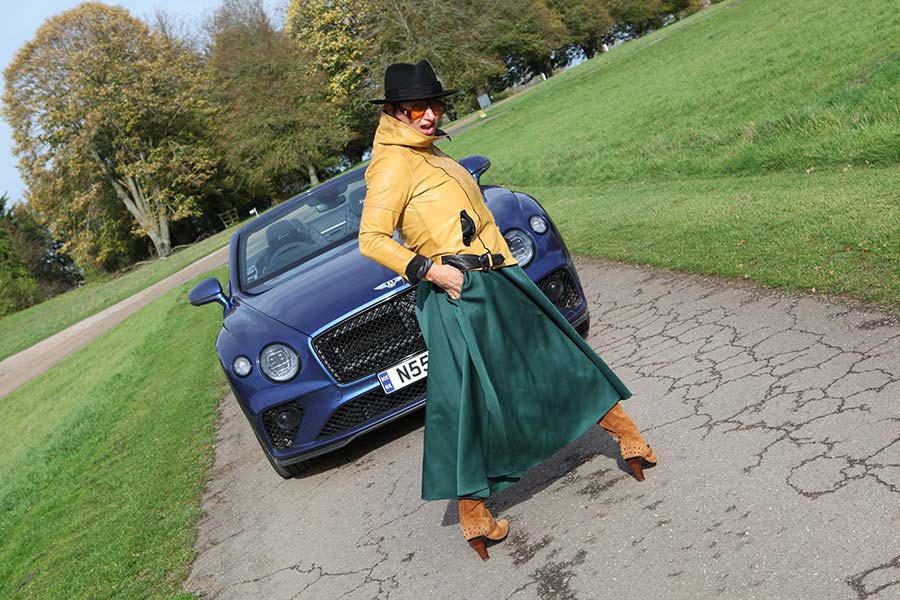
The 2025 Australian Beauty Standard: Who’s Winning?
The beauty industry is a billion-dollar machine designed to sell insecurities wrapped in the promise of perfection. The standard being peddled today—pouty lips, sculpted cheekbones, airbrushed skin—is an expensive illusion. And who benefits? Not the young girls who are pressured to conform. Not the women who feel they must compete. Not the clients who are told, subtly or otherwise, that their natural beauty isn’t enough. The winners are the beauty conglomerates raking in billions while women chase an ever-moving goalpost of physical perfection.
In a time when we should be advocating for authenticity and self-acceptance, we’re still being sold the idea that beauty is something we must purchase.
And if we don’t? We’re irrelevant. Outdated. “Boring.”
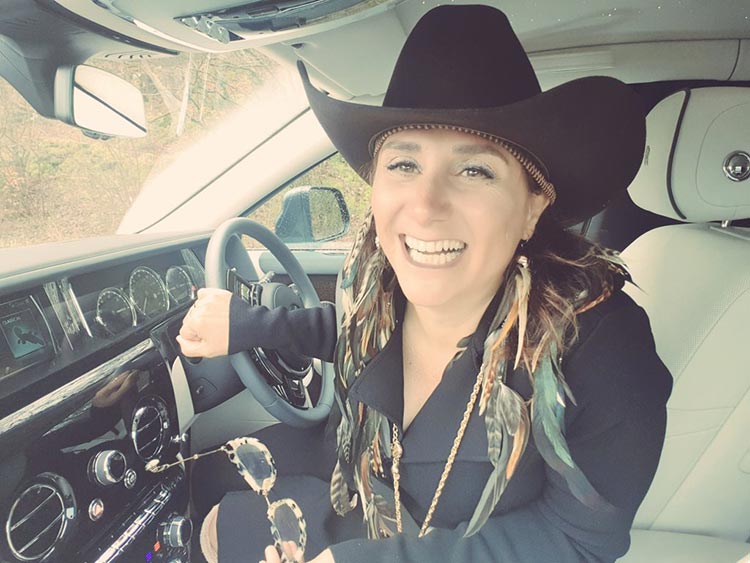
Social Media: A Business’s Best Friend or Worst Enemy?
Social media has the power to elevate a brand or destroy it. A single response can either invite new customers in or drive them away permanently. Businesses, especially those in the beauty industry, must recognize that every engagement shapes their reputation.
Had the salon approached my comment differently, they could have turned me into an advocate rather than a critic. A lighthearted response, a nod to inclusivity, or even an invitation to discuss different beauty perspectives would have positioned them as a forward-thinking, customer-focused brand. Instead, they chose condescension—a fatal move in a digital landscape where reputation is everything.
I love feather extensions, from Bali.
Considering Breast Implant Removal
Most people think of cosmetic procedures as a way to enhance their appearance; some are about restoration and comfort. However, for those who have had breast implants in the past, it’s important to understand what to expect during breast implant removal before making any decisions. This type of procedure can help reduce discomfort, correct asymmetry, or simply restore a more natural look. During removal, your surgeon may also address issues like stretched skin or reposition tissue to maintain balanced shape. Recovery times may vary, but most patients notice improvements within a few weeks.
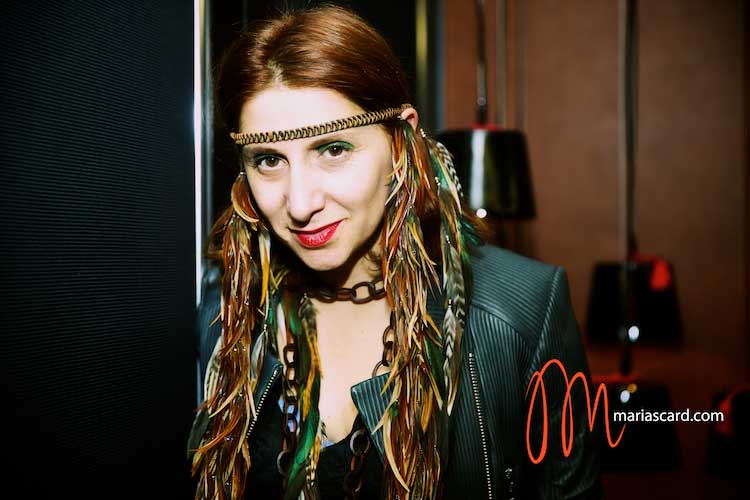
Fighting the Beauty Bullies
I’ve faced the fiercest beauty gatekeepers, including the unrelenting standards of London Fashion Week. I know what it’s like to be judged for not fitting into a prescribed mold. But I refuse to be bullied into silence.
We need to redefine beauty in a way that welcomes all ages, all looks, all expressions. This isn’t about tearing down those who choose fillers, lashes, and Botox—it’s about making room for those who don’t. It’s about making salons places of inclusivity, not exclusivity.
When did the beauty industry become so insecure that it can’t handle an opinion from an older woman? And when did defending someone’s looks become more important than embracing diverse beauty ideals?
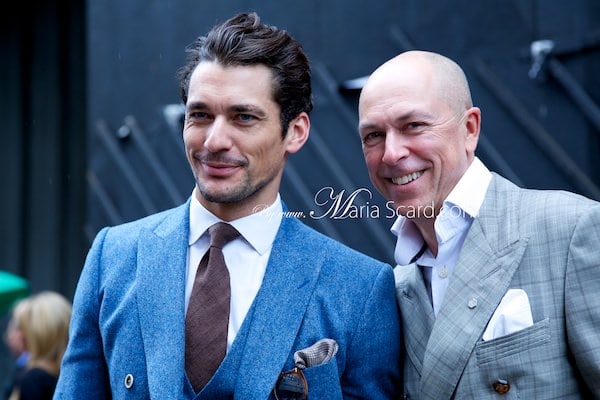
Dylan Jones GQ Magazine, bullied me for years at London Fashion Week.
Final Thoughts
To the salon that took offense to my comment: you missed an opportunity. You could have showcased your professionalism, your openness, and your understanding of customer experience. Instead, you demonstrated intolerance toward differing views. Beauty is subjective, and so is taste. If you can’t handle that, perhaps it’s time to rethink what business you’re really in.
To the younger generation being sold the “perfect face”: question everything. The beauty industry thrives on your doubts. The strongest statement you can make? Confidence in your natural self.
And as for me, the so-called “old hag,” I’ll continue to spend my money where beauty is celebrated in all its forms—not just the airbrushed, cloned ideal of 2025. Because real beauty isn’t bought. It’s owned.
At fashion weeks, my definition of beauty is fake hair, fake peacock eyelashes, lots of makeup and feathers. It has such an impact that many people don’t recognise me.
Then I go home and take it all off and just be me.
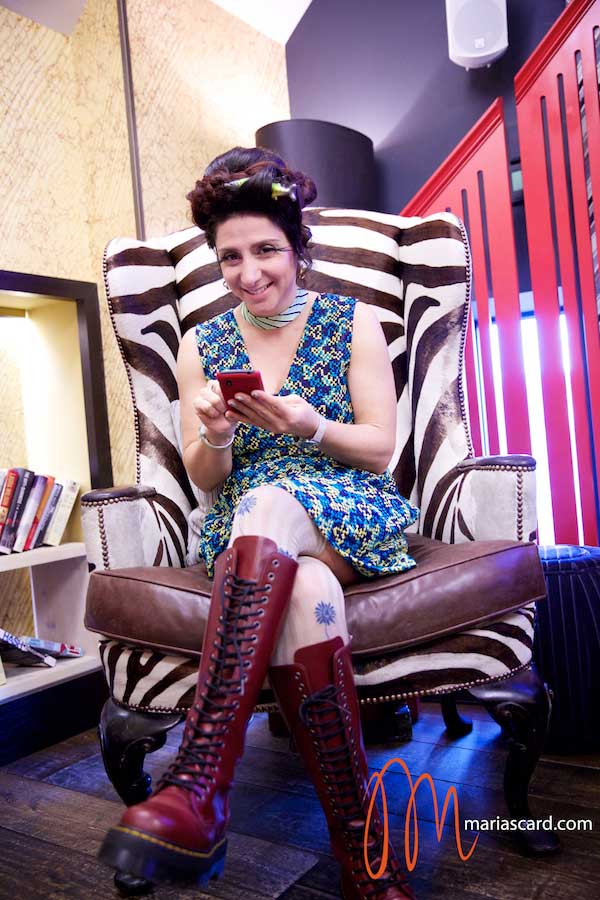
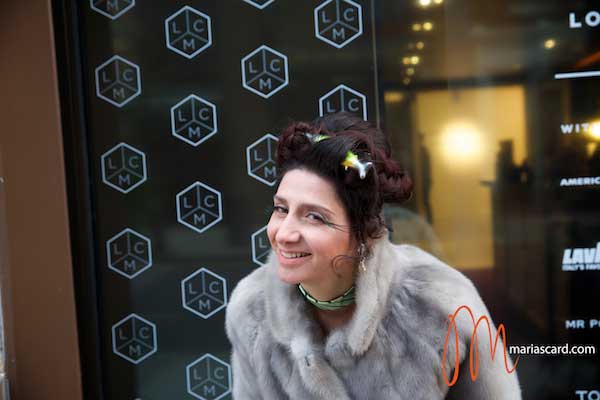

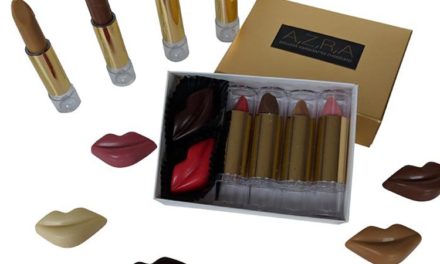
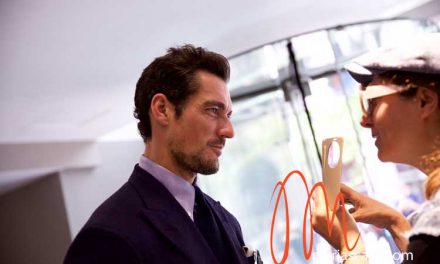









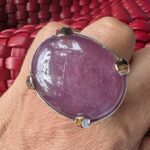

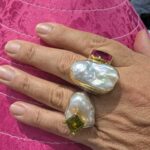
You must be logged in to post a comment.